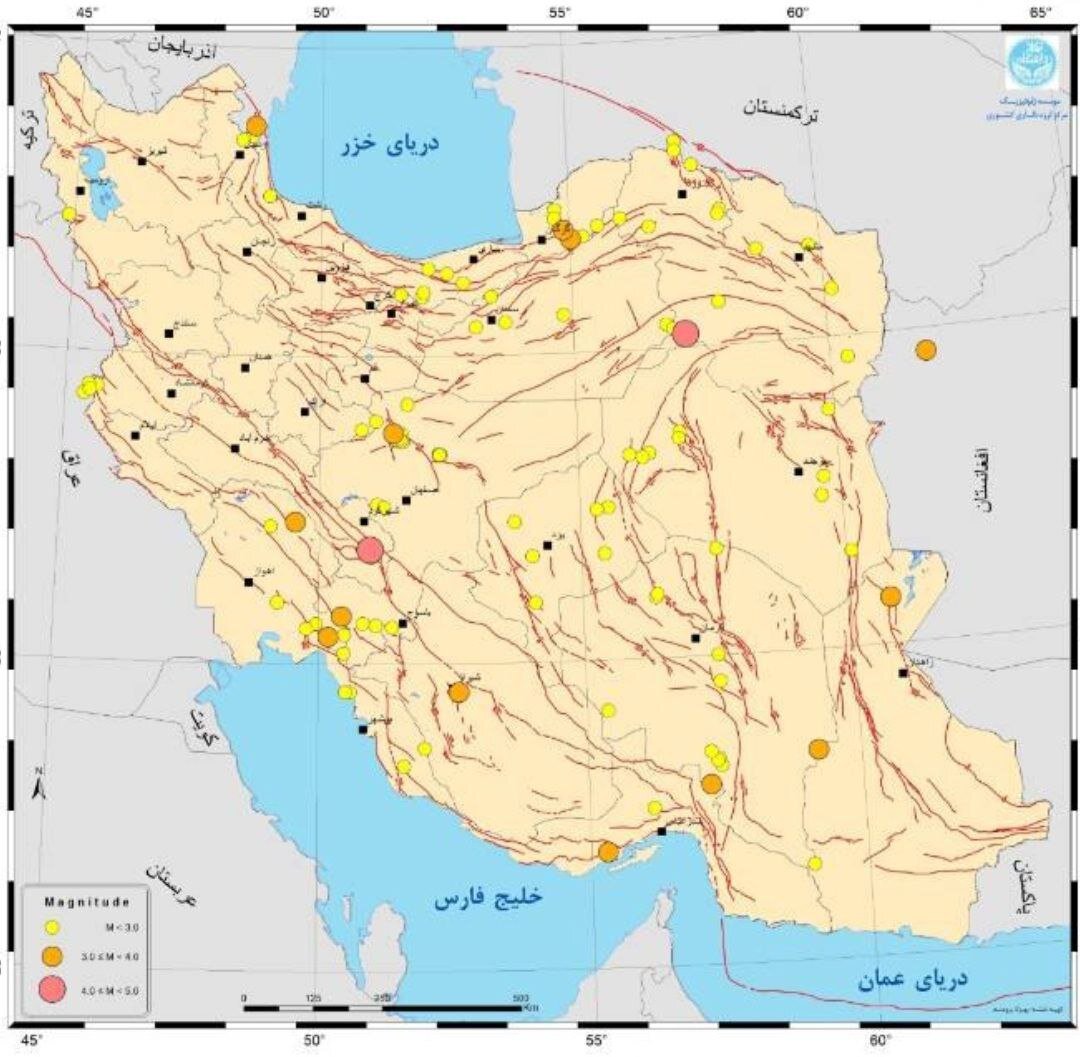
Similar Posts
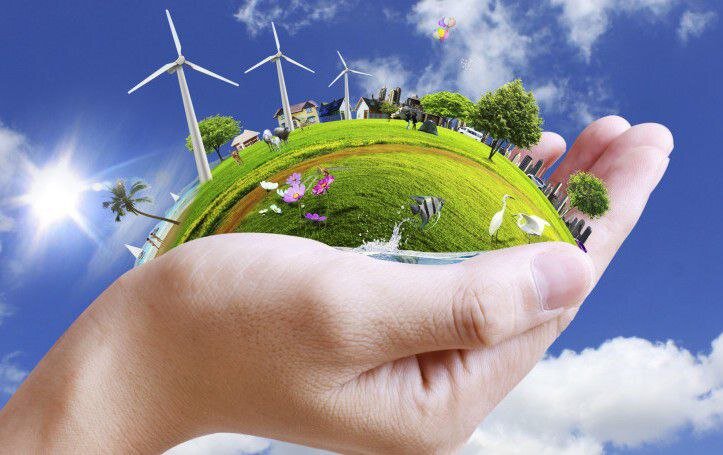
Celebrate National Clean Earth Day: Embracing Renewable Energy for a Greener Future!
On April 22, the Department of Environment (DOE) will commemorate National Clean Earth Day with the theme “clean energy, clean earth,” highlighting renewable energy’s role in protecting the planet. This observance, designated by the UN as International Mother Earth Day, aims to raise awareness about environmental issues through educational programs. Renewable energy sources, like solar and wind, are essential for communities lacking reliable power, as they produce minimal emissions. Iran’s Energy Ministry recently announced the completion of 15 solar power plants, boosting the national grid’s capacity to 500 megawatts. The transition to clean energy is crucial for sustainable living.
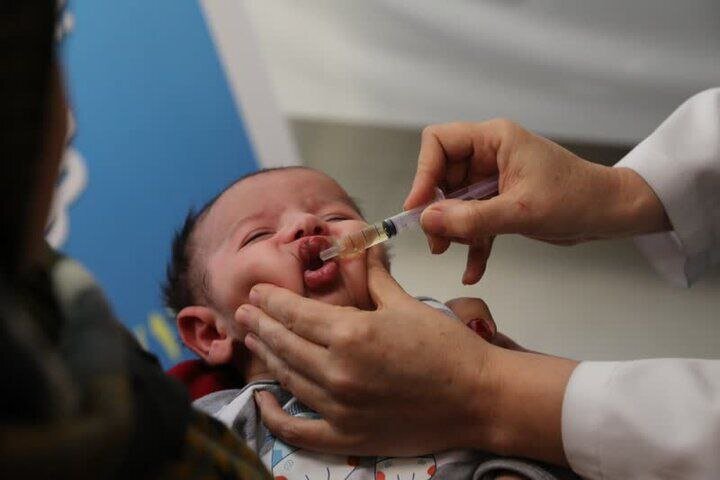
Spring Vaccination Drive: 300,000 Kids Set to Receive Polio Immunization
Iran has launched a comprehensive vaccination campaign against polio for children under five, as part of its ongoing efforts to eradicate the disease. This initiative includes vaccinating an additional 300,000 children in high-risk northern areas during the spring. Polio, a viral disease primarily affecting young children, can lead to paralysis but is preventable through vaccination. Iran has been polio-free since 2000, but rising cases in neighboring Afghanistan and Pakistan pose a risk. The campaign consists of two phases, with the first scheduled from April 12-14, 2024, and the second from June 17-19, 2024, emphasizing the need for continued vigilance.
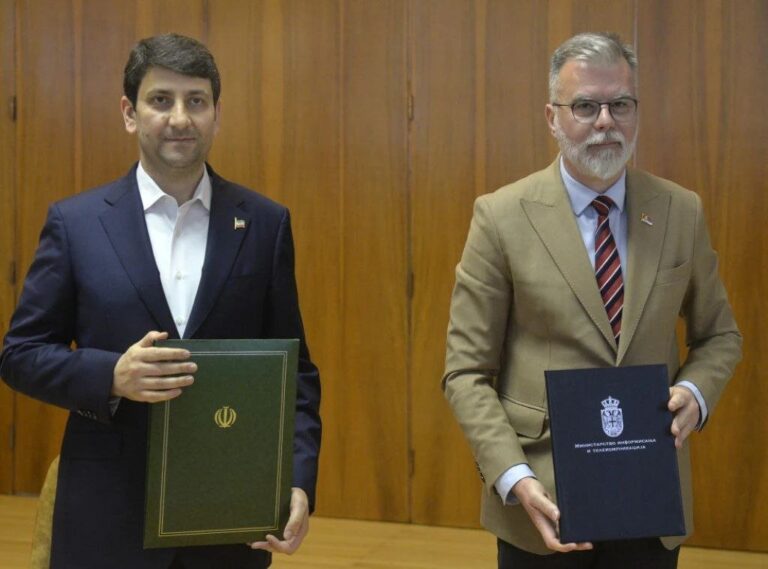
Tehran and Belgrade Forge Strategic MOU to Boost ICT Collaboration
Iran’s Minister of Information and Communications Technology, Sattar Hashemi, signed a memorandum of understanding with Serbia’s Dejan Ristic to enhance collaboration in the ICT sector, artificial intelligence, and data transfer. During Hashemi’s visit to Belgrade, he discussed advancements in ICT with Serbian President Aleksandar Vucic, who expressed interest in leveraging Iran’s technological capabilities. The agreement aims to promote cooperation, share expertise, and establish joint teams for projects in IT, e-commerce, and postal services. Hashemi highlighted Iran’s strengths in AI development and digital services, suggesting their partnership could foster innovation and economic growth in both nations.
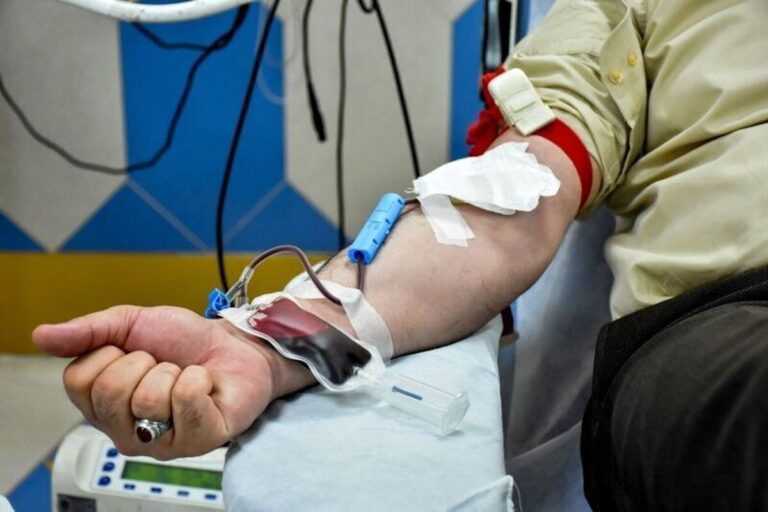
Iran Sees 2% Surge in Blood Donations Over 11 Months: A Heartfelt Response
Blood donation rates in Iran have risen by two percent since March 20, 2024, with 2,186,260 units donated this year, according to Bashir Haji-Beigi, spokesperson for the Blood Transfusion Organization. Notable increases occurred in Kohgiluyeh-Boyerahmad (over 23%), Sistan-Baluchestan (nearly 14%), and Alborz (around 9%). Tehran contributed about 17% of total donations, with 360,655 units in the past month. Despite this growth, women represent less than 5% of donors, highlighting a need for outreach. The World Health Organization praised Iran’s progress in blood management, emphasizing the importance of inclusive health initiatives.
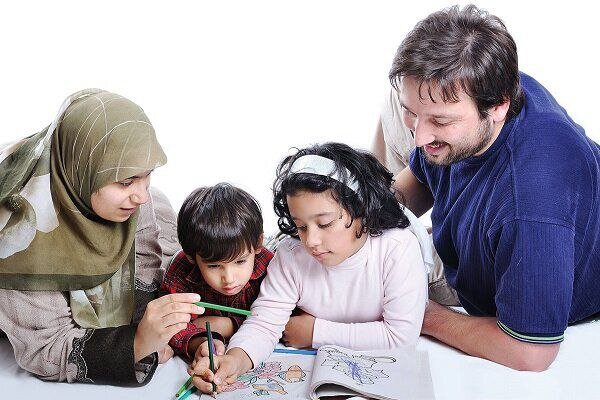
Celebrate National Population Week: Insights and Events to Join the Conversation!
Iran’s National Population Week, from May 14 to 20, will focus on the theme ‘children, life assets,’ highlighting the significance of family and child-rearing. Each day will address various parenting aspects. Recent policies, including the youth population law, have stabilized Iran’s fertility rate at approximately 1.6 children per woman after a significant decline. Despite challenges, the number of births among younger mothers has increased, with a rise in families having three or more children. As the population ages, with 11.5% over 60, Iran faces demographic challenges that require comprehensive strategies to support families and youth for a balanced future.
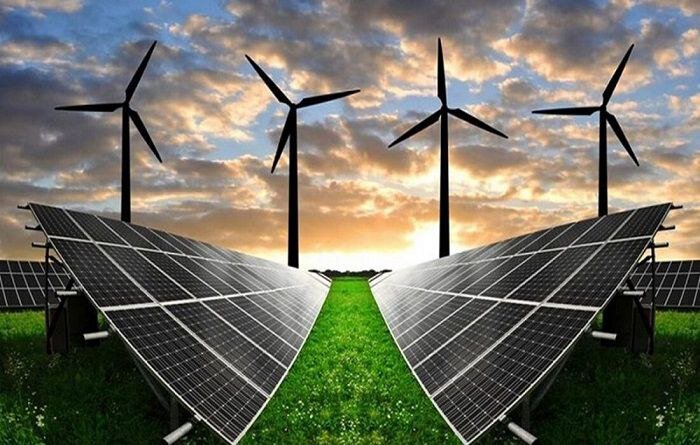
Unlocking a Safer Future: How Clean Energy Transforms Our World for Everyone
Renewable energy sources are vital in the fight against climate change and for supporting vulnerable communities worldwide. Derived from natural resources like sun, wind, and water, these clean alternatives emit little to no pollutants, unlike fossil fuels. Many people, especially in developing regions, face challenges due to a lack of reliable energy, affecting essential services like education and healthcare. By 2030, an estimated 1.8 billion people may still rely on harmful cooking methods. The International Day of Clean Energy, declared by the General Assembly on January 26, emphasizes the need for a transition to clean energy to promote sustainability, empower communities, and address social justice.